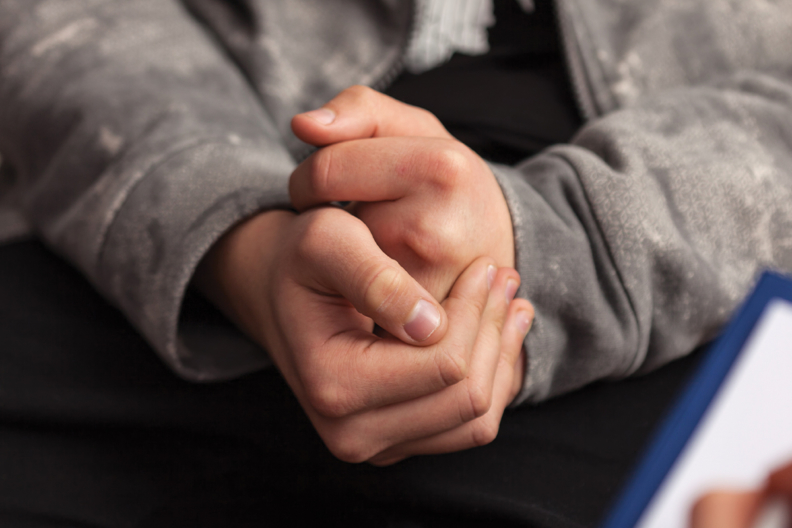Homeless and Runaway Youth are Suffering Because of This NY Law
These young New Yorkers need the Governor to act.

A medical provider at a homeless and runaway youth* program recently shared the case of a 16-year-old diabetic patient who ran out of insulin.
If the 16-year-old were an adult, the course of action would have been simple. The provider would have checked the patient’s blood sugar and ordered more insulin. But because the patient was a homeless or runaway teen, things were more complicated.
Under New York law, the default expectation is that a parent or legal guardian will provide consent for a young person’s health care until they turn 18. But if a young person is homeless or a runaway, this default can put their health in danger.
Under New York statute, homeless and runaway youth programs are not legal guardians that can offer consent. But because homeless and runaway youth sometimes don’t have a parent or guardian available to consent for them, they often aren’t able to get care unless they’re in a medical emergency.
In the case of the 16-year-old diabetic, the provider did give treatment. But, as they noted, “doing the right thing medically does still leave me exposed legally.”
This quirk in New York law does not just affect young people’s health care. A staff member at a homeless and runaway youth program shared the story of a client who was told she needed a COVID vaccine in order to go back to school in person. The client was unable to get her parents’ consent for vaccination, which prevented her from attending school for several weeks.
Everyone deserves access to health care, dignity, and safety. New York law already partially recognizes this by permitting certain categories of young people to consent to their own health care. But this patchwork of laws excludes homeless and runaway youth.
Our state’s current rules cause some of the most vulnerable young people to needlessly suffer.
There is a bill awaiting Governor Hochul’s signature that would fix this. It would allow homeless youth – as well as homeless and runaway youth who receive services at an approved homeless and runaway youth crisis service program – to consent to their own health care. You can tell the Governor to sign the legislation immediately.
The bill is particularly important for LGBTQ+ youth, who are 120 percent more likely to experience homelessness than their straight and cisgender peers. Tragically, this is mostly because their families more often reject them.
The legislation is supported by a diverse coalition – including both medical organizations and homeless and runaway youth service providers – that recognizes how important this change would be to young homeless and runaway people. This population is already put under enormous pressure just to survive. The bill would make it easier for them to access care and live healthier lives.
*A homeless youth is a person under the age of 18 who is in need of services and is without a place of shelter where supervision and care are available. A runaway is a person under the age of 18 years who is absent from their legal residence without the consent of their legal guardian or custodian.
